Japan’s Choices in the Era of Inter-Regime Competition
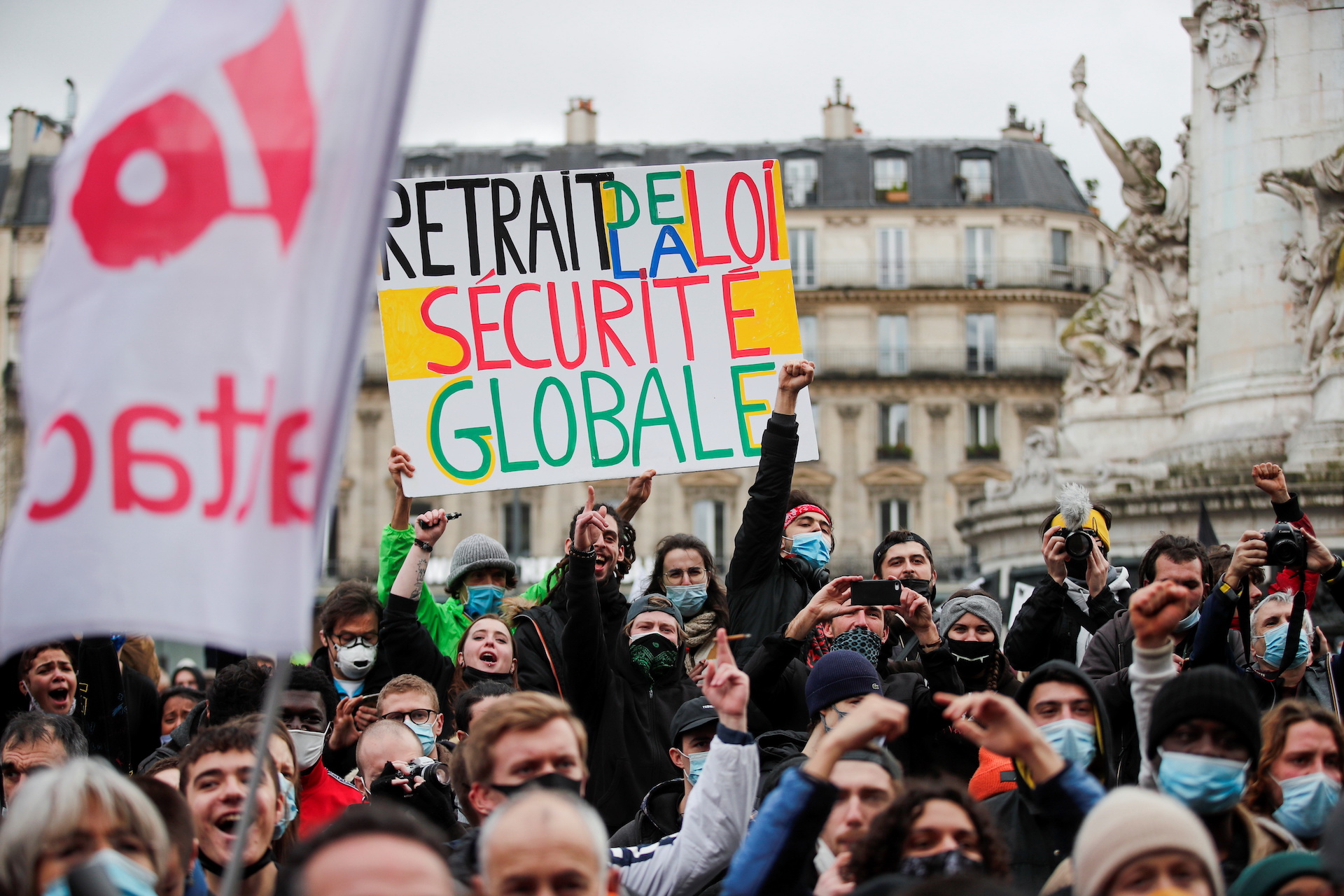
Working groups
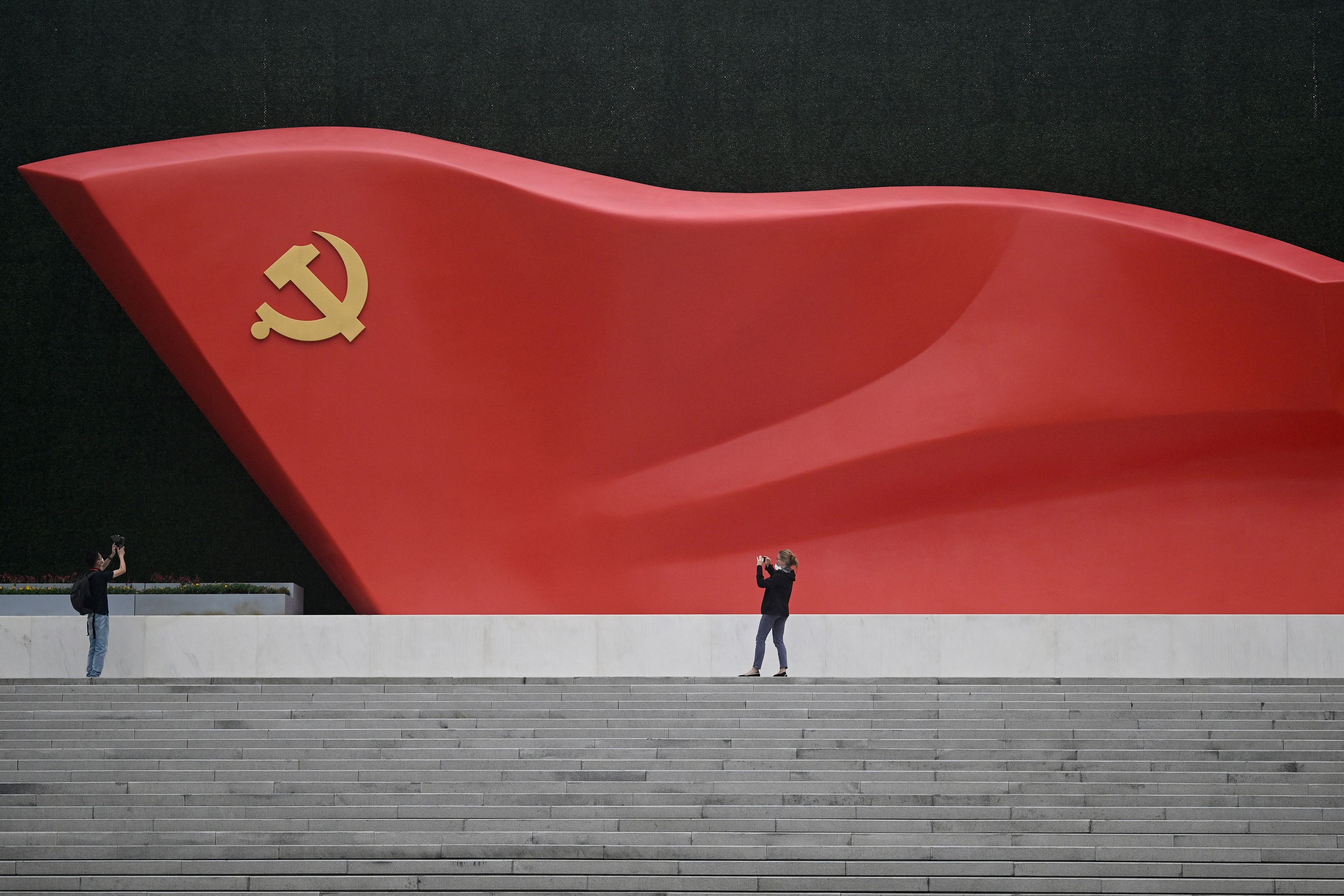
Working Group 1 on China and the Challenge of Authoritarian Regimes

Working Group 2 on Middle Eastern and Islamic Alternatives

Working Group 3 on the US and Destabilization of the Established Order
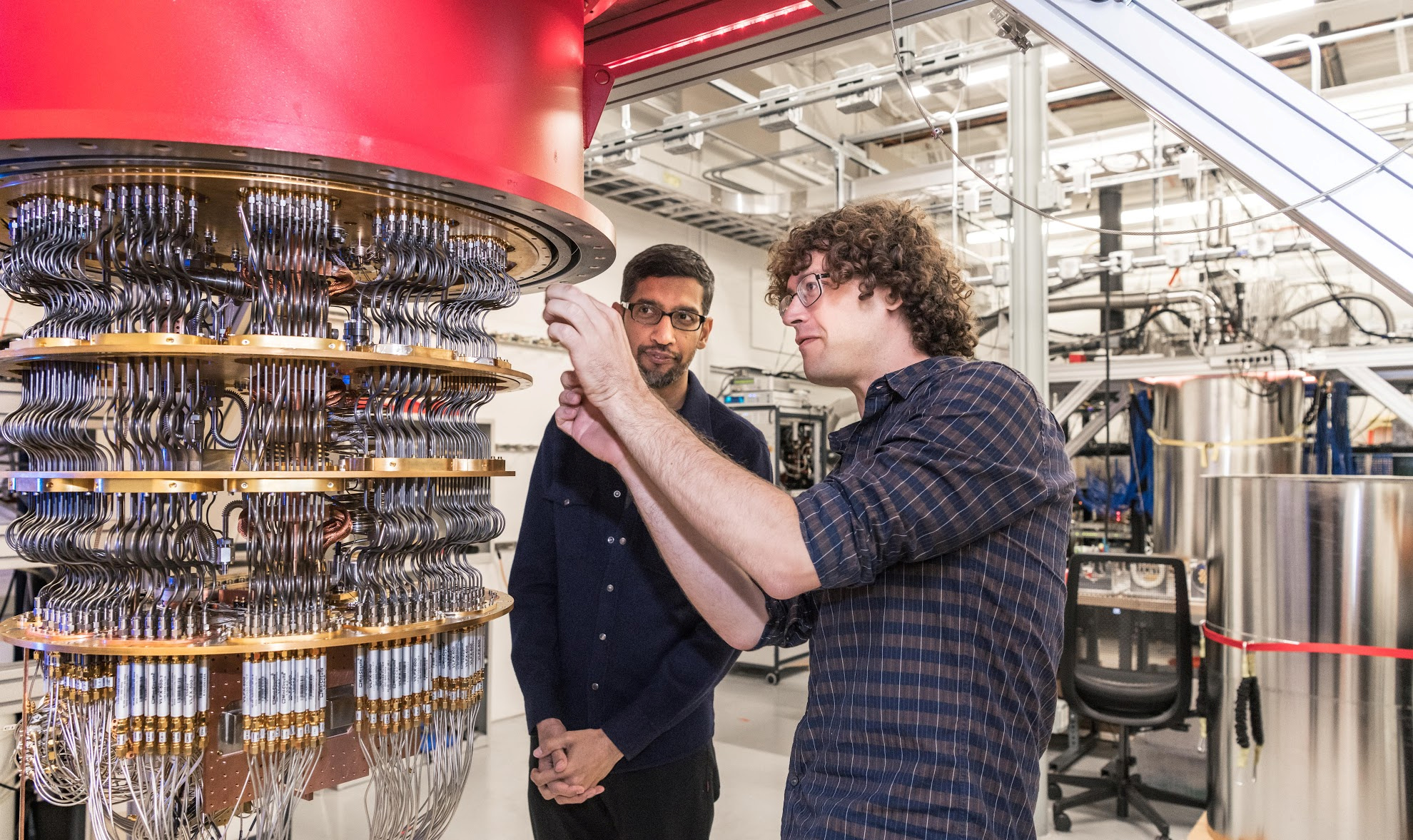
Working Group 4 on the Emerging Issues in Security Studies
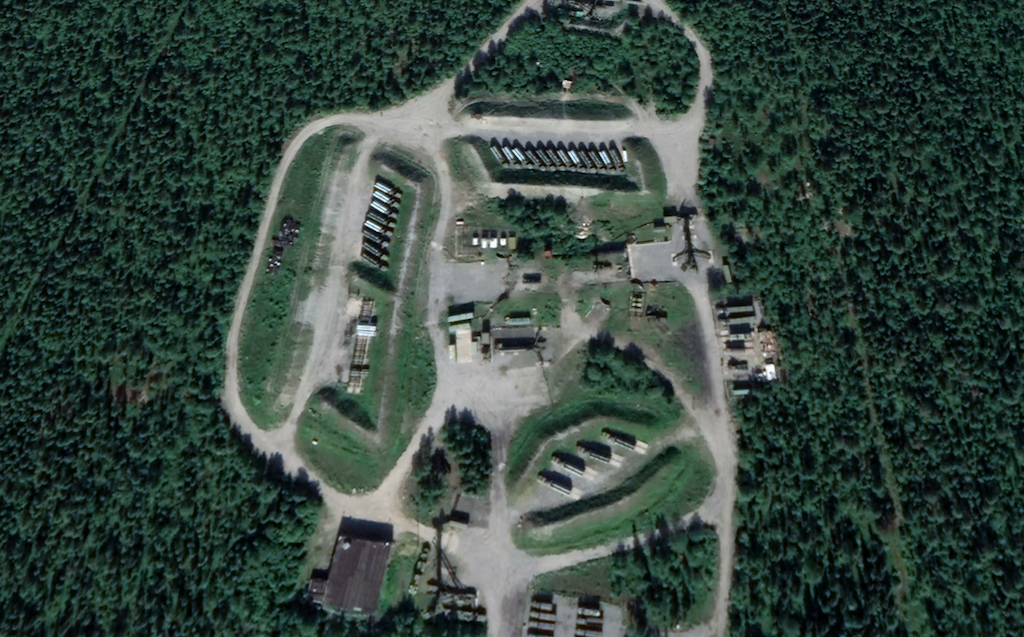
Sub-Working Group 1 on Satellite Imagery Analysis Project

Working Group 5 on Indo-Pacific Transport Security
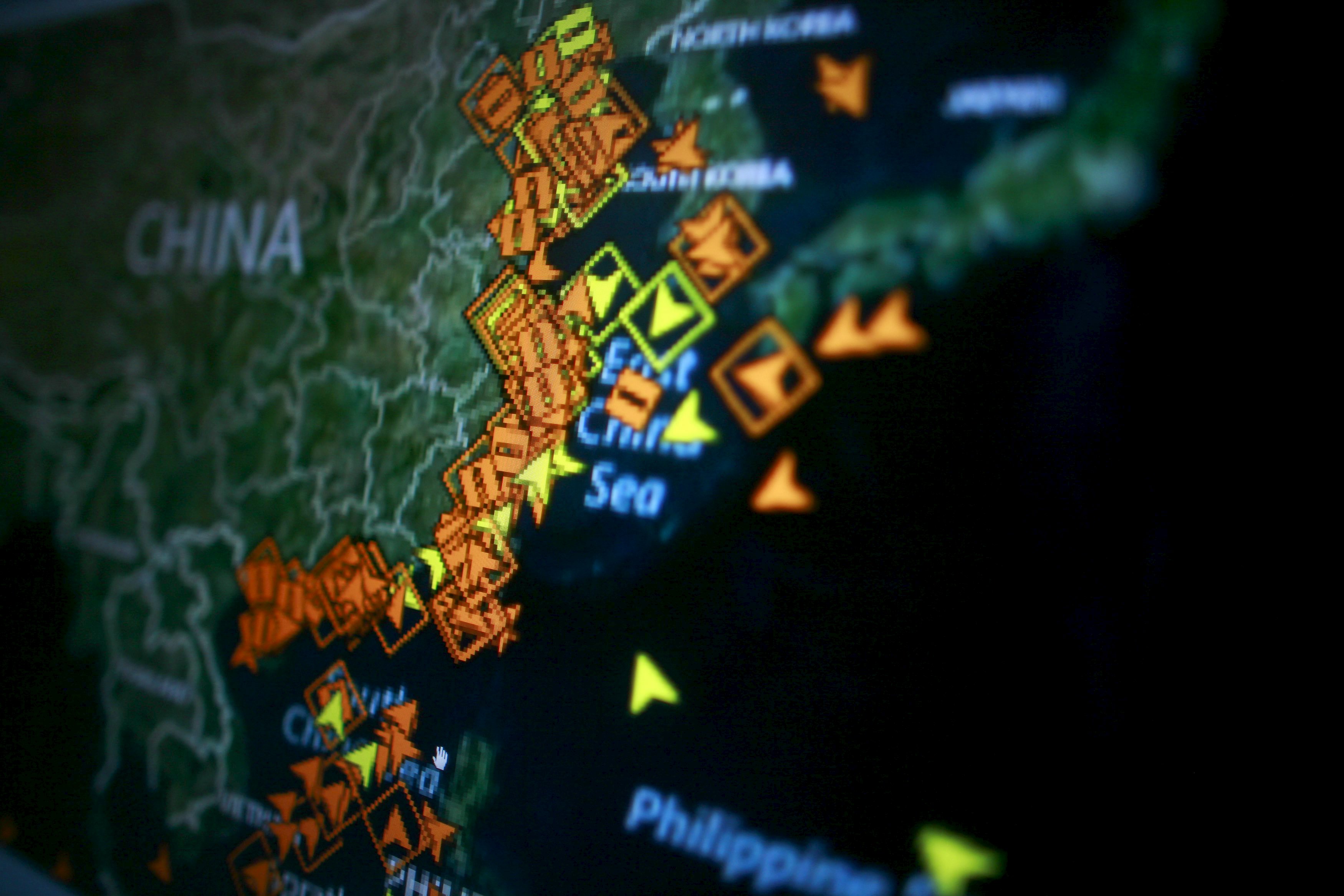
Sub-Working Group 2 on Tabletop Exercises
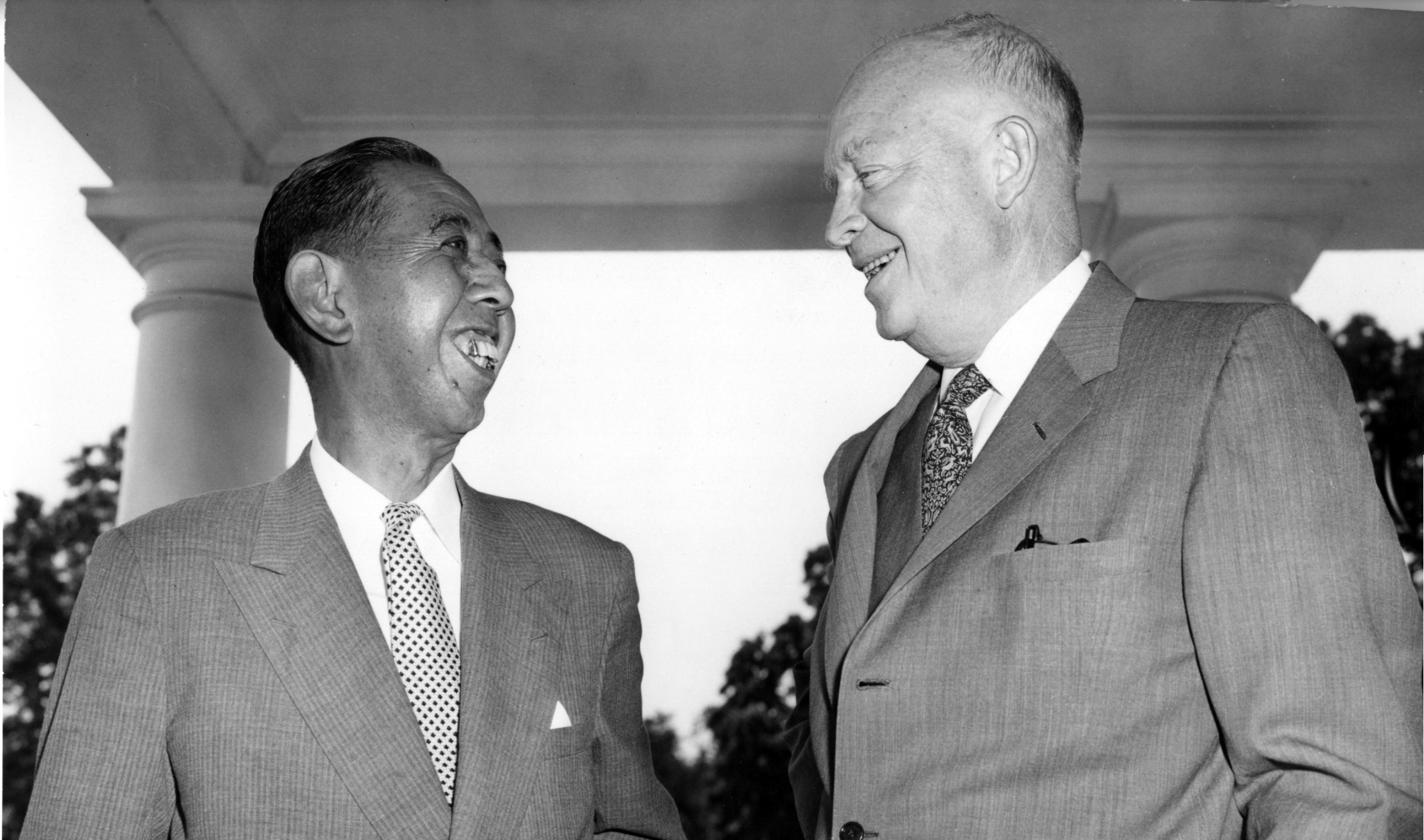
Sub-Working Group 3 on Japan-U.S. Security Treaty History
Activity records
2023.03.31 (Fri.)
News
Publications and Reports
[Publication] ROLES Review Vol.3
2023.03.07 (Tue.)
Video
Seminar
Webinar: “Future of the Japan-US Alliance: Prospects and Issues”
2023.02.18 (Sat.)
Video
Seminar
International Webinar "The Great Security Triangle: Repercussions of the Russo-Ukrainian War on the Middle East and China"
2022.11.26 (Sat.)
News
Announcements
Lecturer Yu Koizumi receives the 8th Inoki Masamichi Award
2022.11.11 (Fri.)
News
Announcements
Prof. Satoshi Ikeuchi spoke at a symposium hosted by the TOBB University of Economics and Technology
2022.11.04 (Fri.)
News
Announcements
[Publication] ROLES Review Vol.2
2022.10.31 (Mon.)
News
Publications and Reports
ROLES publishes policy recommendations for the revision of the National Security Strategy
2022.10.28 (Fri.)
News
Announcements
Yu Koizumi receives the 18th Nakasone Yasuhiro Award of Excellence
2022.10.25 (Tue.)
News
Announcements
"Japan's Global Strategy and the Middle East"
2022.10.25 (Tue.)
News
Publications and Reports
Roundtable: "Between the Far East and the Middle East: Japan & Israel vis-à-vis the Superpower Competition and the Role of the United States"
2022.07.28 (Thu.)
News
Events
[International Collaboration] Conclusion of MOU with Pacific Forum International
2022.06.23 (Thu.)
News
Videos / Podcasts
Episode 009: Japan’s National Security Strategy and Defense Planning
2022.06.23 (Thu.)
Video
Talk
Episode 009: Japan’s National Security Strategy and Defense Planning
2022.05.12 (Thu.)
News
Videos / Podcasts
Episode 008: Global Security Challenges Today
2022.05.12 (Thu.)
Video
Talk
Episode 008: Global Security Challenges Today
2022.04.30 (Sat.)
News
Videos / Podcasts
Webinar “Shaping the Future of the Japan-US Alliance” with Zack Cooper
2022.04.12 (Tue.)
Video
Seminar
Webinar "The World of Balance of Threat: The Origins of Alliances Revisited" with Prof. Stephen M. Walt
2022.04.12 (Tue.)
Event
Lecture
Book Launch: Japanese Translation of Stephen M. Walt's The Origins of Alliances
2022.04.06 (Wed.)
News
Videos / Podcasts
Israel Month International Webinar #1: Israel and Japan in the New World Order
2022.03.16 (Wed.)
Video
Symposium
International Conference "The future of Israel-Japan-Gulf Relations - New opportunities in a changing Middle East"
2022.03.16 (Wed.)
Event
Round Table
Special Conference: The Future of Israel-Japan-Gulf Relations: New opportunities in a changing Middle East
2022.02.17 (Thu.)
Video
Lecture
Israel Month International Webinar #1: Israel and Japan in the New World Order
2022.01.31 (Mon.)
News
Videos / Podcasts
ROLES Talk Episode 006: Developments in North Korea
2022.01.31 (Mon.)
Video
Talk
ROLES Talk Episode 006: Developments in North Korea
2021.12.16 (Thu.)
News
Videos / Podcasts
ROLES Talk Episode 005: Japan-US Alliance: Prospects and Issues
2021.12.16 (Thu.)
Video
Talk
ROLES Talk Episode 005: Japan-US Alliance: Prospects and Issues
2021.12.15 (Wed.)
Video
Talk
ROLES Talk Episode 004: North Korea’s Weapons Program and Its Impact on South Korea’s Security
2021.12.15 (Wed.)
News
Videos / Podcasts
ROLES Talk Episode 004: North Korea’s Weapons Program and Its Impact on South Korea’s Security
2021.11.25 (Thu.)
News
Videos / Podcasts
ROLES Talk Episode 003: Political Developments in Libya and Their Implications
2021.11.25 (Thu.)
Video
Talk
ROLES Talk Episode 003: Political Developments in Libya and Their Implications
2021.11.22 (Mon.)
News
Announcements
[Publication] ROLES INSIGHTS No.004: “New Infrastructures on Matua Island: Enhancements in Russia’s Anti-Access in the Pacific?” by Yu Koizumi
2021.11.16 (Tue.)
News
Announcements
[Publication] ROLES INSIGHTS No.003: “The ‘Historical Resolution’ and the Xi Jinping Leadership” by Ryo Hinata-Yamaguchi
2021.10.31 (Sun.)
News
Videos / Podcasts
[Video] ROLES Talk Episode 002: Taiwan’s Security and Defense Planning (English subtitles)
2021.10.31 (Sun.)
Video
Talk
ROLES Talk Episode 002: Taiwan’s Security and Defense Planning (English subtitle)
2021.10.25 (Mon.)
News
Announcements
[Publication] ROLES INSIGHTS No.002: “Enhancing Civil Aviation Security: The Time is Now” by Ryo Hinata-Yamaguchi
2021.10.22 (Fri.)
News
Videos / Podcasts
[Video] ROLES Talk Episode 001: Naval Developments in the Indo-Pacific (English subtitles)
2021.10.22 (Fri.)
Video
Talk
ROLES Talk Episode 001: Naval Developments in the Indo-Pacific
2021.10.18 (Mon.)
News
Announcements
[Publication] ROLES INSIGHTS No.001: “Understanding Military Modernization: It’s All about Effects” by Ryo Hinata-Yamaguchi
2021.08.30 (Mon.)
News
Publications and Reports
Book Publication in Turkish: Bu Noktaya Nasıl Geldik?
2021.08.30 (Mon.)
News
Events
Online/International Seminar(Webinar): "How to Deal with Fake News and Disinformation: Latest Lessons from Israel and Japan"
2021.04.09 (Fri.)
News
Announcements
Prof. Satoshi IKEUCHI "How Did We End Up Here?"
2020.12.02 (Wed.)
Event
Seminar
Webinar: East Asia and the Middle East after the U.S. Presidential Election
Members
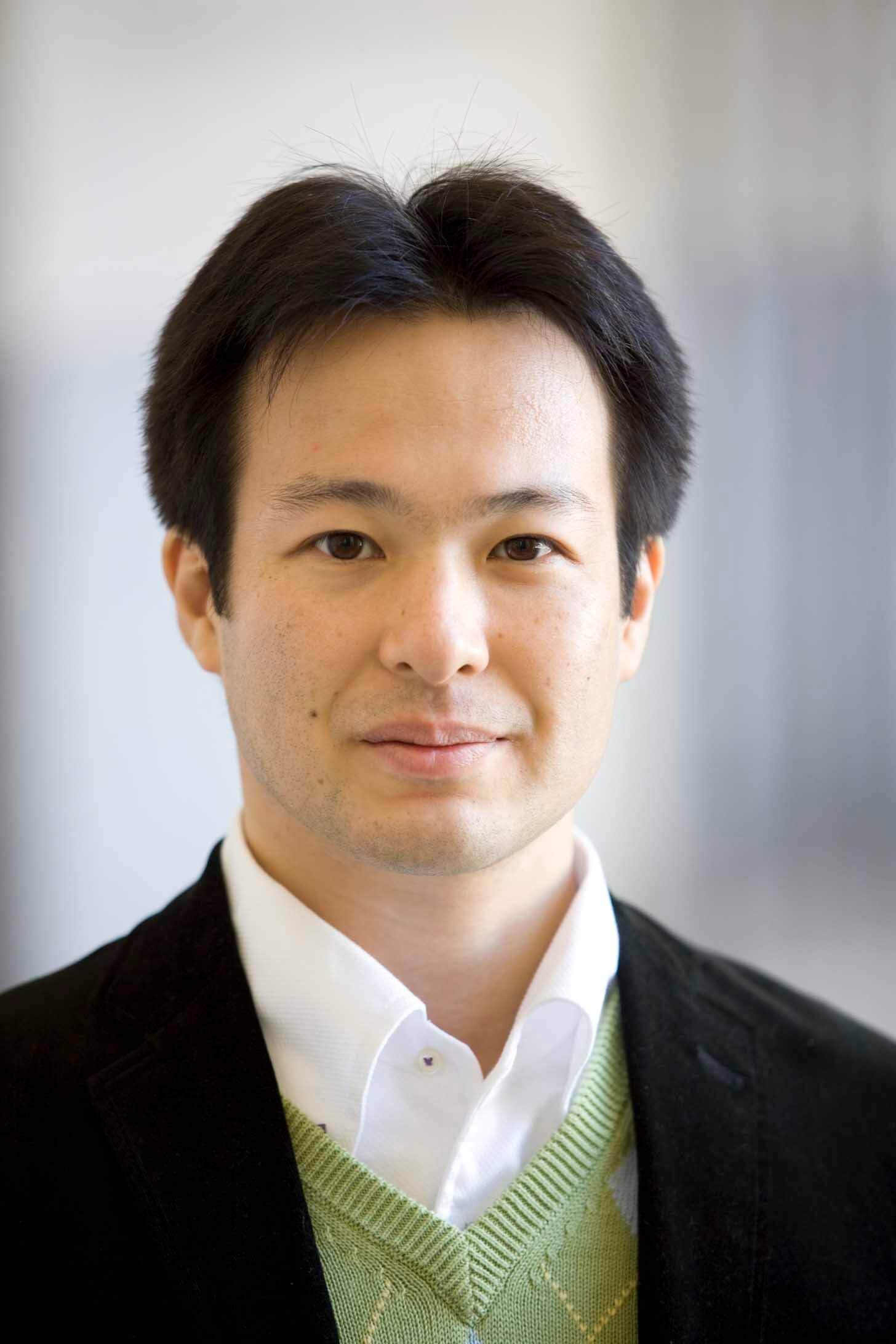
Satoshi IKEUCHI
Satoshi Ikeuchi is Professor of the Division of Religion and Global Security at the Research Center for Advanced Science and Technology (RCAST) of the University of Tokyo. He is the founding head of the RCAST Open Laboratory for Emergence Strategies (ROLES).
For the year 2022-2023, he is Senior Visiting Scholar in Residence at the Moshe Dayan Center (MDC) for Middle Eastern and African Studies of Tel Aviv University.
He is a scholar on Islamic political thought and the Middle East politics. As a leading public intellectual in Japan, he has been vigorously publishing on the Middle East and Islamic affairs.
His first publication based on his doctoral studies, Gendai Arabu-no Shakai Shiso: Shumatsuron-to Isramu-shugi (Contemporary Arab Social Thought: Eschatology and Islamism), was published in 2002 and earned Osaragi Jiro Prize for Critical Works. He also earned Suntory Prize for Social Sciences and Humanities in 2009 for his book Islamu Sekai-no Ronjikata (Methods of Discussing Islam).
His book on the Islamic State Isulamu Koku no Shogeki (The Impact of the Islamic State) published in January 2015 was a nation-wide best seller in Japan and awarded Mainichi Publishing Cultural Prize. His recent publication includes Saikusu Piko Kyotei: Hyakunen no Jubaku (Sykes-Picot Agreement: One Hundred Years of Obsession) in 2016 and Shiiaha to Sunniha (Shite and Sunnite) in 2018 both published from Shinchosha. He is the recipient of the 12th Nakasone Yasuhiro Prize in 2016 for his academic works and social engagements.
His collection of literary essays and book reviews Shomotsu not Unmei (The Fate of Books) published in 2006 and earned Mainichi Book Review Award for the year.
He was a visiting professor at the Alexandria University 2007-2008, Japan Scholar chair visiting scholar at the Woodrow Wilson International Center for Scholars in 2009 and Visiting Fellow at the Clare Hall, University of Cambridge in 2010.
He specializes in Middle East politics and Arab-Islamic Thought, particularly on global Jihadism and its implications for international security.

JHOU Jyun-Yu
Assitant Professer at the National Chengchi University of Taiwan
Project Researcher of RCAST of the University of Tokyo (October 2020-June 2021)
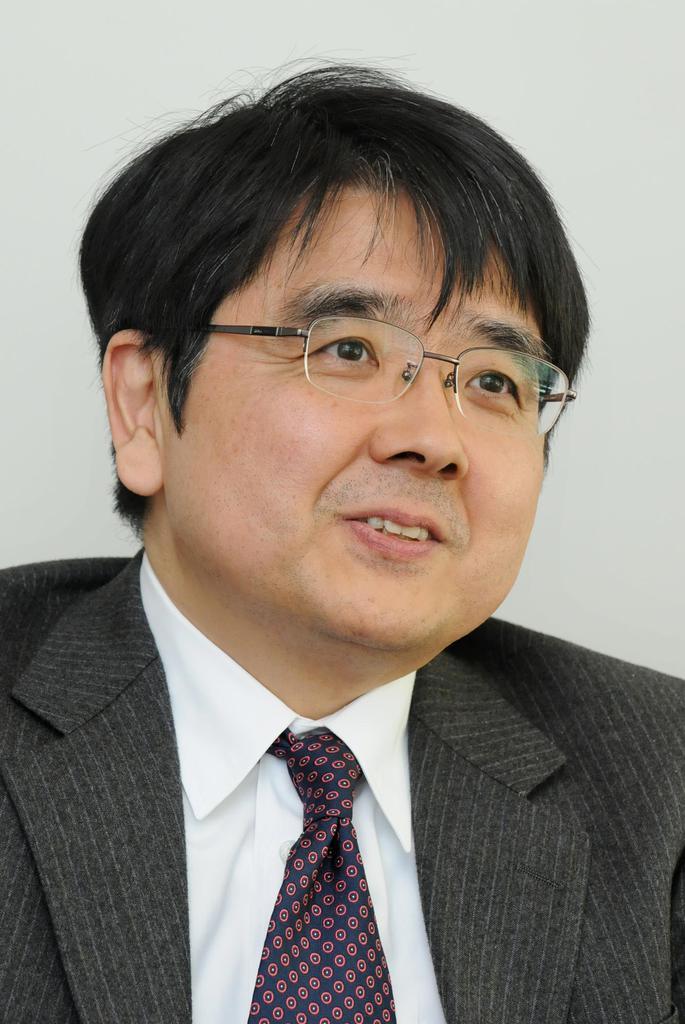
Kazuya SAKAMOTO
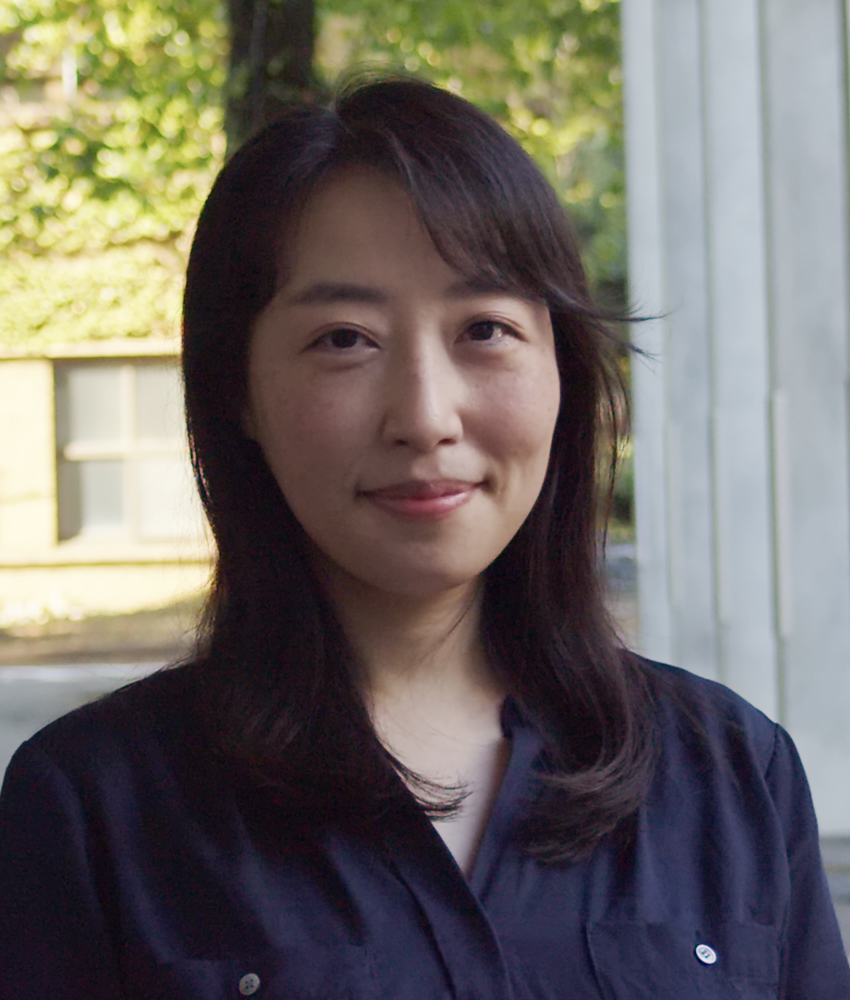
Nozomi KANO
Publications
2023.03.29 (Wed.)
Commentary
ROLES INSIGHTS No.2023-01: "A Principled Approach to MDA in the Indo-Pacific"
2022.11.17 (Thu.)
Paper
ROLES INSIGHTS No.2022-06: "How Much More Can Russia Fight? Satellite Image Analysis of Spare Storage Equipment in the Eastern Military District of the Russian Armed Forces" by Yu Koizumi
2022.09.16 (Fri.)
Paper
ROLES REPORT No.20 Masaaki OKAMOTO "Mushrooming Smart Cities in ASEAN Countries and the Risk of Unhealthy Multi-actor Competition"
2022.08.25 (Thu.)
Commentary
ROLES INSIGHTS No.2022-05: “Next Step for Japan’s Defense Planning: Enhancing Joint Readiness” by Ryo Hinata-Yamaguchi
2022.06.18 (Sat.)
Commentary
ROLES INSIGHTS No.2022-03: "Emerging Technologies and Post-Pandemic Civil Aviation" by Christopher K. Lamont
2022.06.08 (Wed.)
Commentary
ROLES INSIGHTS No.2022-02: “New Developments in North Korea's Strike Capabilities” by Ryo Hinata-Yamaguchi
2022.01.30 (Sun.)
Commentary
ROLES INSIGHTS No.2022-01: “What is Behind North Korea’s Recent Missile Tests?” by Ryo Hinata-Yamaguchi
2021.12.31 (Fri.)
Commentary
ROLES INSIGHTS No.2021-05: “Prospects for Submarine-Launched Cruise Missiles in the Japan Maritime Self-Defense Force” by Ryo Hinata-Yamaguchi
2021.11.22 (Mon.)
Commentary
ROLES INSIGHTS No.2021-04: “New Infrastructures on Matua Island: Enhancements in Russia’s Anti-Access in the Pacific?” by Yu Koizumi
2021.11.16 (Tue.)
Commentary
ROLES INSIGHTS No.2021-03: “The ‘Historical Resolution’ and the Xi Jinping Leadership” by Ryo Hinata-Yamaguchi
2021.10.25 (Mon.)
Commentary
ROLES INSIGHTS No.2021-02: “Enhancing Civil Aviation Security: The Time is Now” by Ryo Hinata-Yamaguchi
2021.10.18 (Mon.)
Commentary
ROLES INSIGHTS No.2021-01: “Understanding Military Modernization: It’s All about Effects” by Ryo Hinata-Yamaguchi
